Original price was: € 19,90.€ 17,11Current price is: € 17,11.
Organic Ylang-ylang Essential Oil (10ml)
Cananga Odorata



Original price was: € 12,90.€ 11,09Current price is: € 11,09.
Ylang-ylang essential oil has a sweet, exotic aroma with a relaxing and balancing effect. It helps to cope with stress, anxiety and emotional tension, as well as stimulate sensuality and improve mood.
Gift bag + free shipping for orders over 59 EUR
Description
- Ingredients: 100% Ylang-Ylang Essential Oil Cananga Odorata Flower Oil
- Extraction Method: Steam Distillation
- Country of origin: Madagascar
Scent
Floral, sweet, slightly spicy, exotic
Benefits
- Promotes mental and emotional harmony
- Calms the nervous system and acts as a sedative
- Has aphrodisiac properties – improves libido and emotional connection
- Has antimicrobial and anti-inflammatory effects
- Helps lower blood pressure
- Helps improve skin tone and reduces the appearance of fine lines and wrinkles.
Applications
- For aromatherapy in a diffuser (3–4 drops) for emotional balance and harmony
- In a relaxing bath (3 drops, diluted in salt or base oil)
- For massage in combination with base oil – for stress, anxiety or high blood pressure
- In natural cosmetics to maintain healthy skin and hair
- As a natural aphrodisiac – add to massage oil or diffuserSafety tips: Use only diluted, avoid contact with eyes, mucous membranes and sensitive areas. Not recommended for children, pregnant and lactating women without consulting a doctor.
Recipes with Organic Ylang-ylang Essential Oil (10ml)
What makes us different?
Our care for the soil and the future – your guarantee for purity.
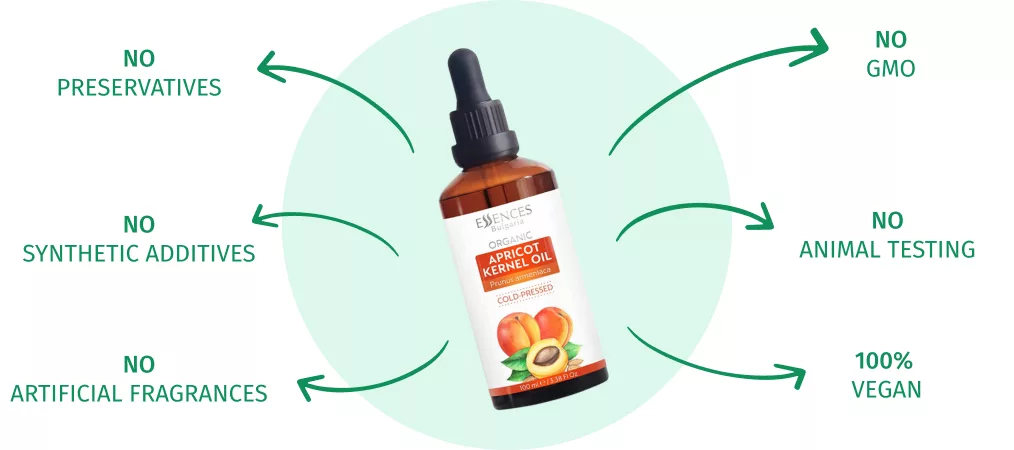
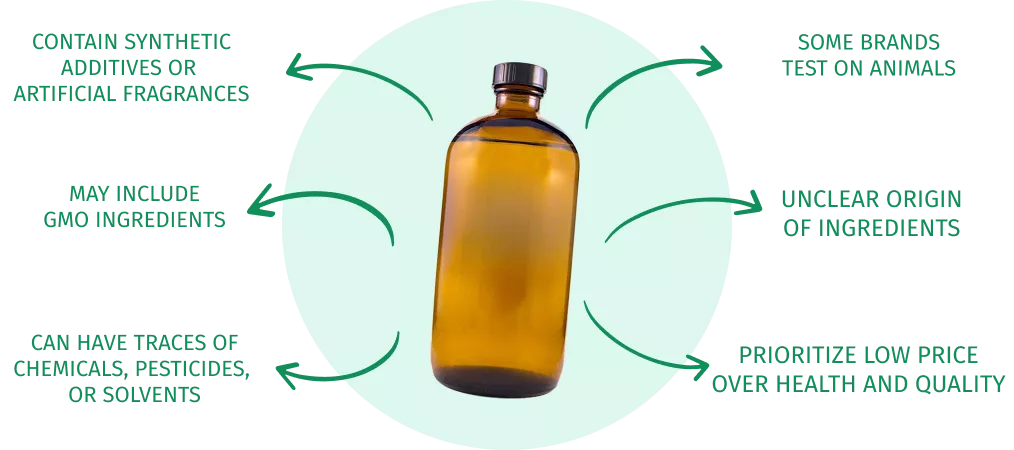

"“I am impressed by the ethos of Essences Bulgaria. Their commitment to organic farming, their care for the soil, and for future generations is commendable and they demonstrate a deep care in both sustainable farming and the production of quality essential oils."
Helen Nagle-Smith
Clinical aromatherapist, lecturer and author of "Working with Unusual Essential Oils" and "Aroma, Aromatherapy and Trauma".
1-1 of 1 review
Add a review
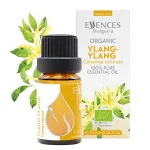 Organic Ylang-ylang Essential Oil (10ml)
Organic Ylang-ylang Essential Oil (10ml)
Your review
* Review is required
Name
* Name is required
Email
* Email is required
Add photos or video to your review



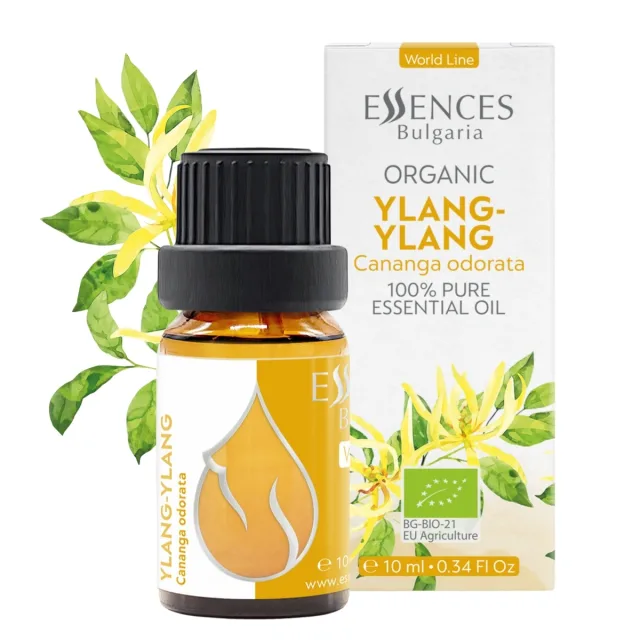
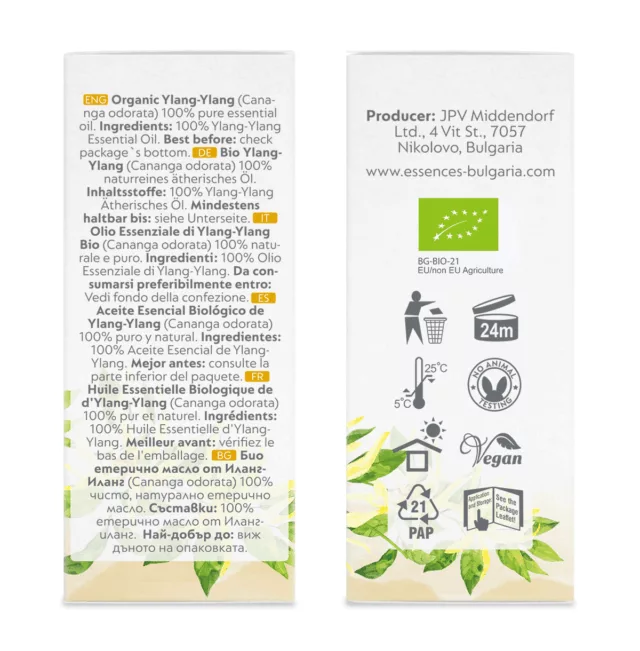
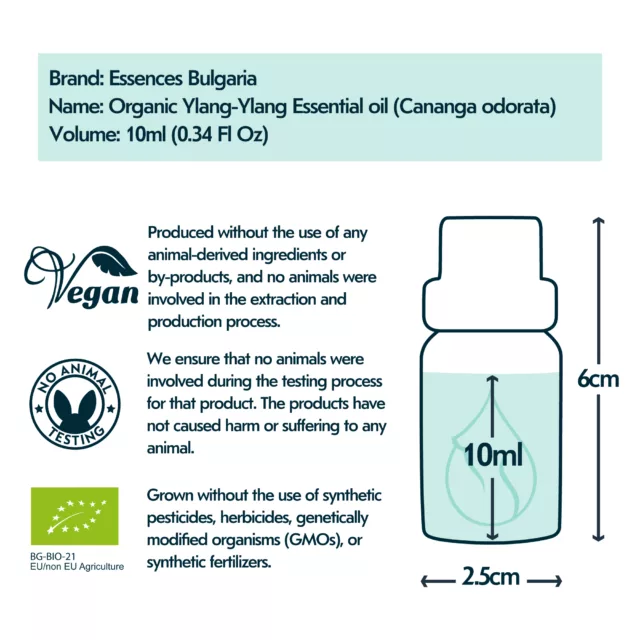
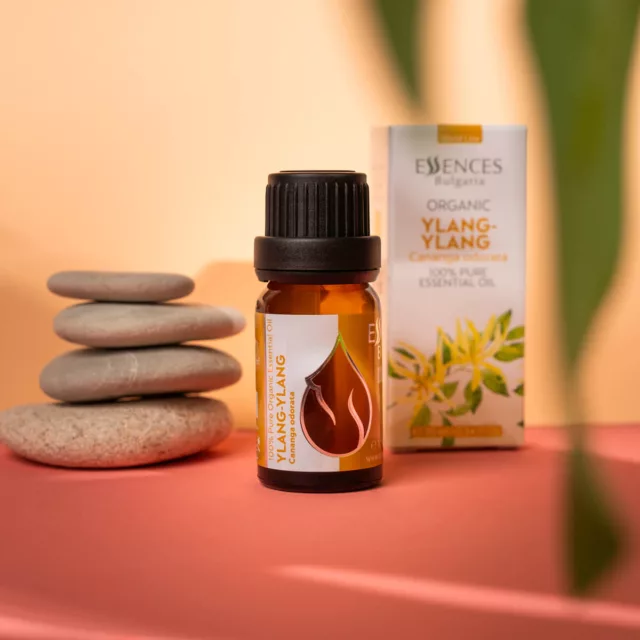
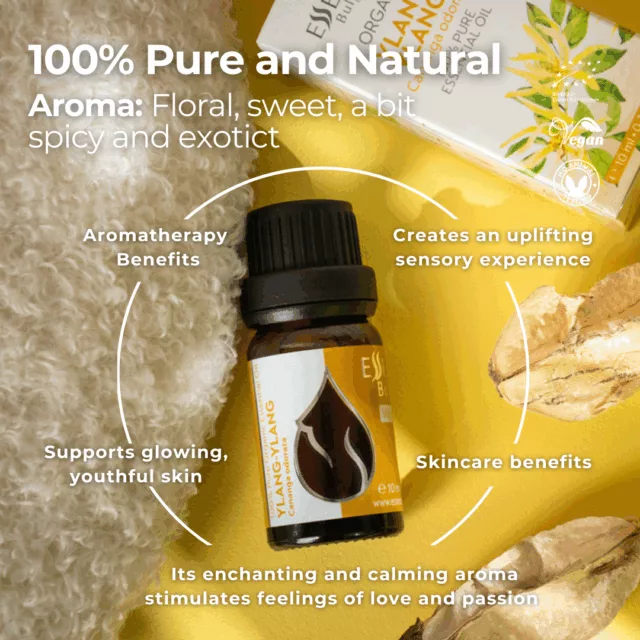
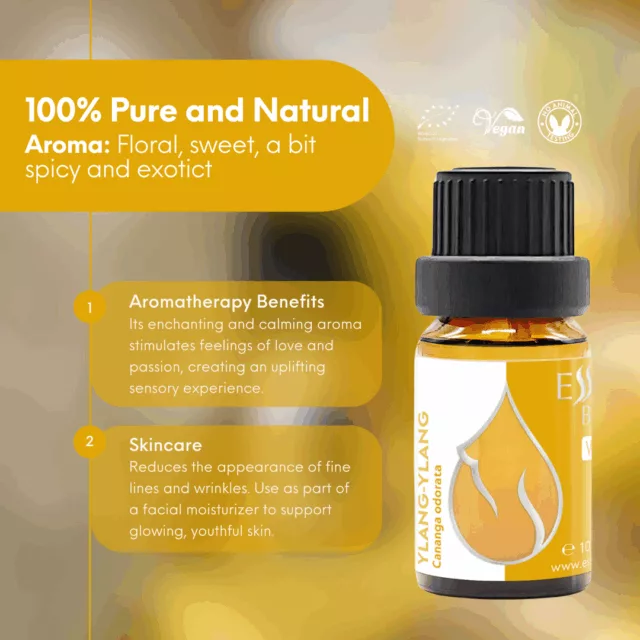
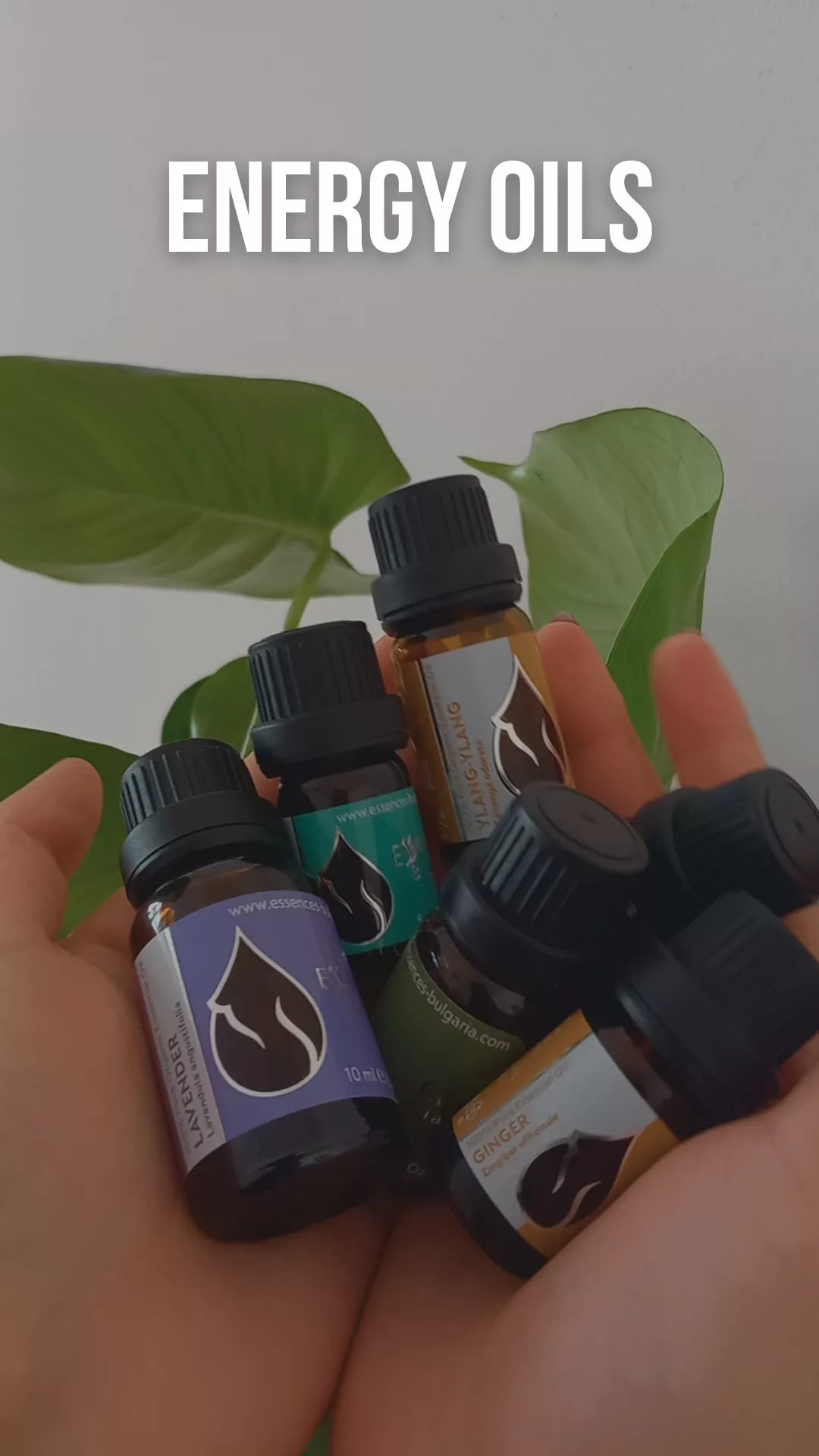
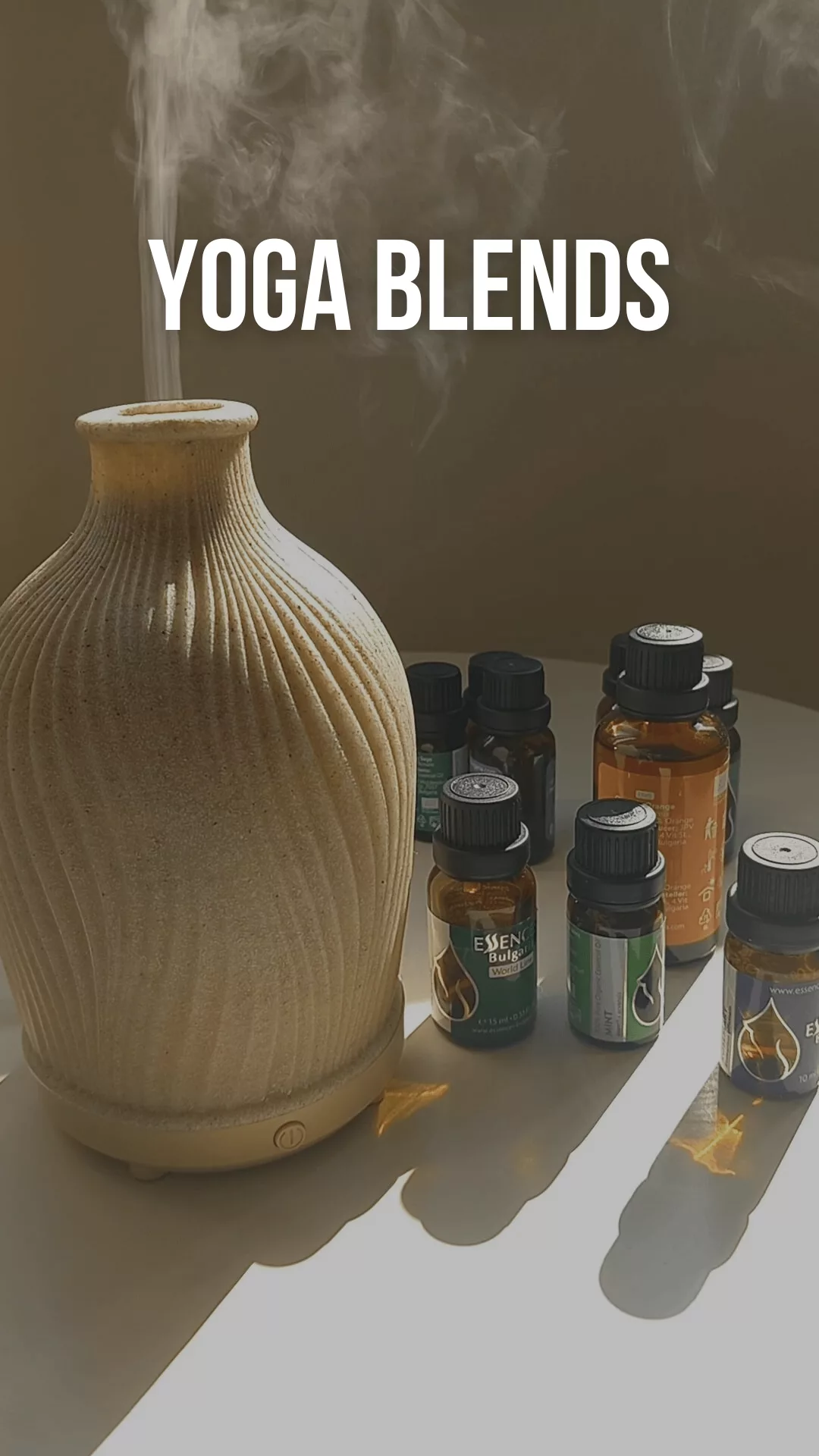
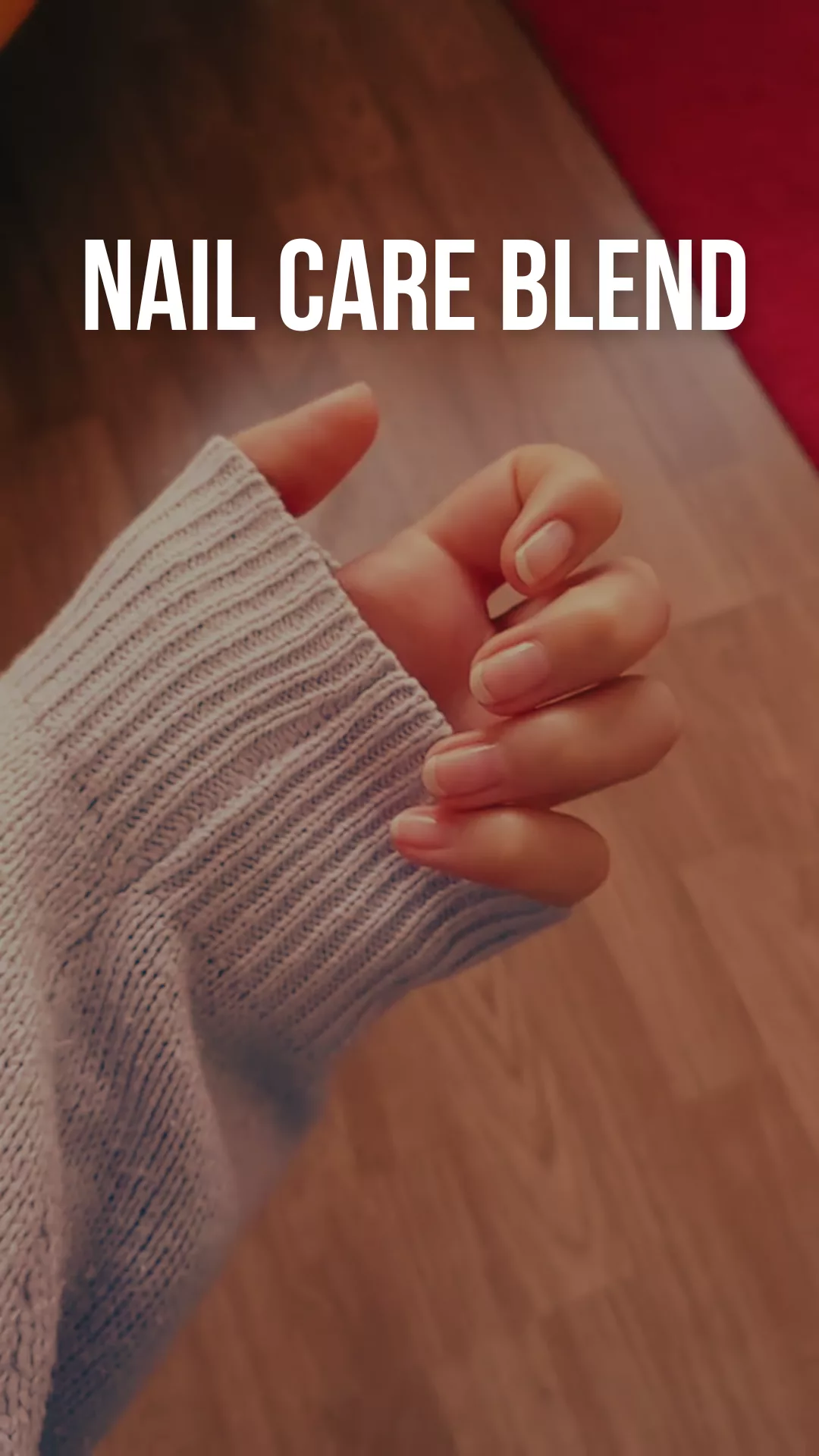
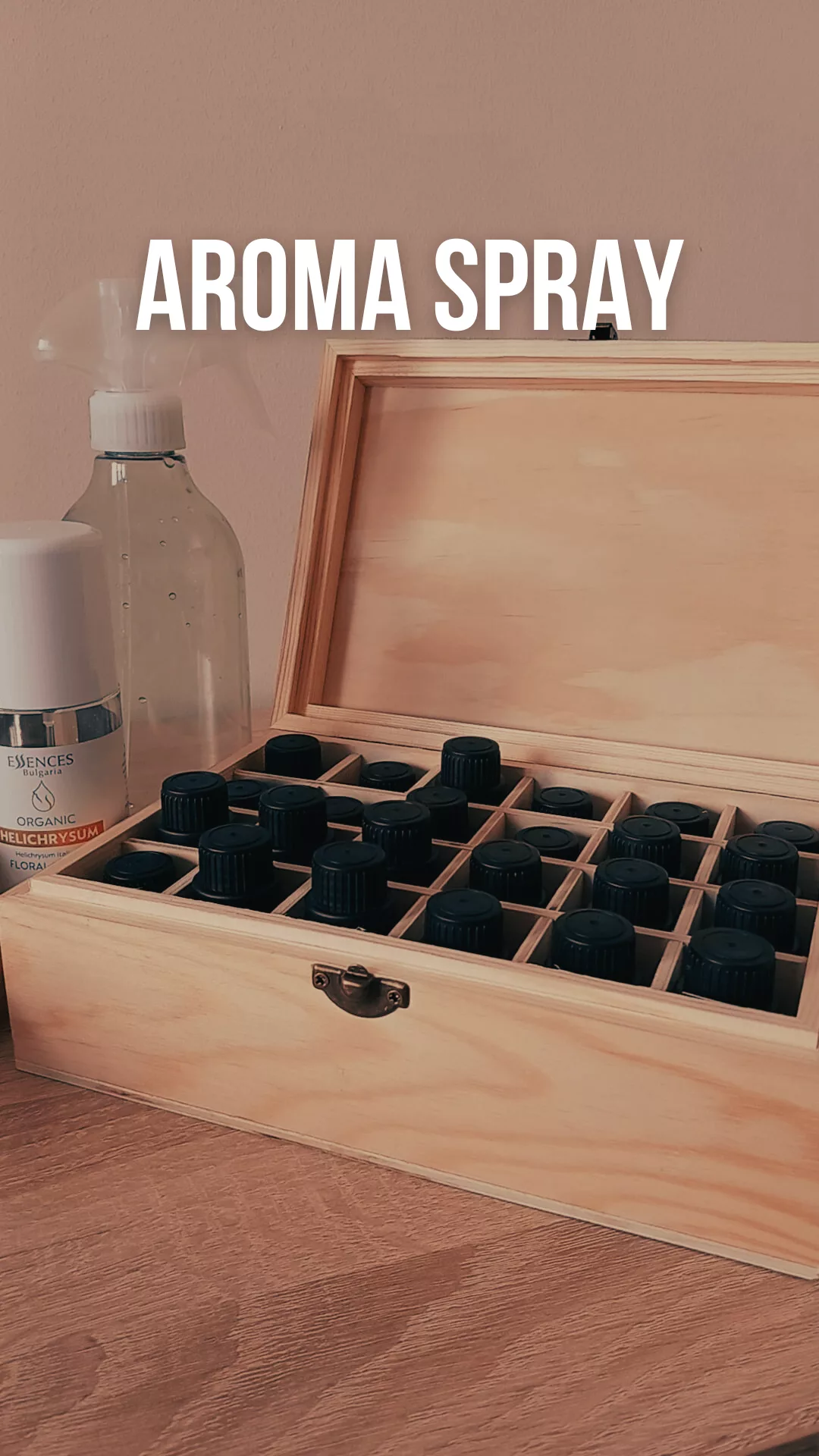
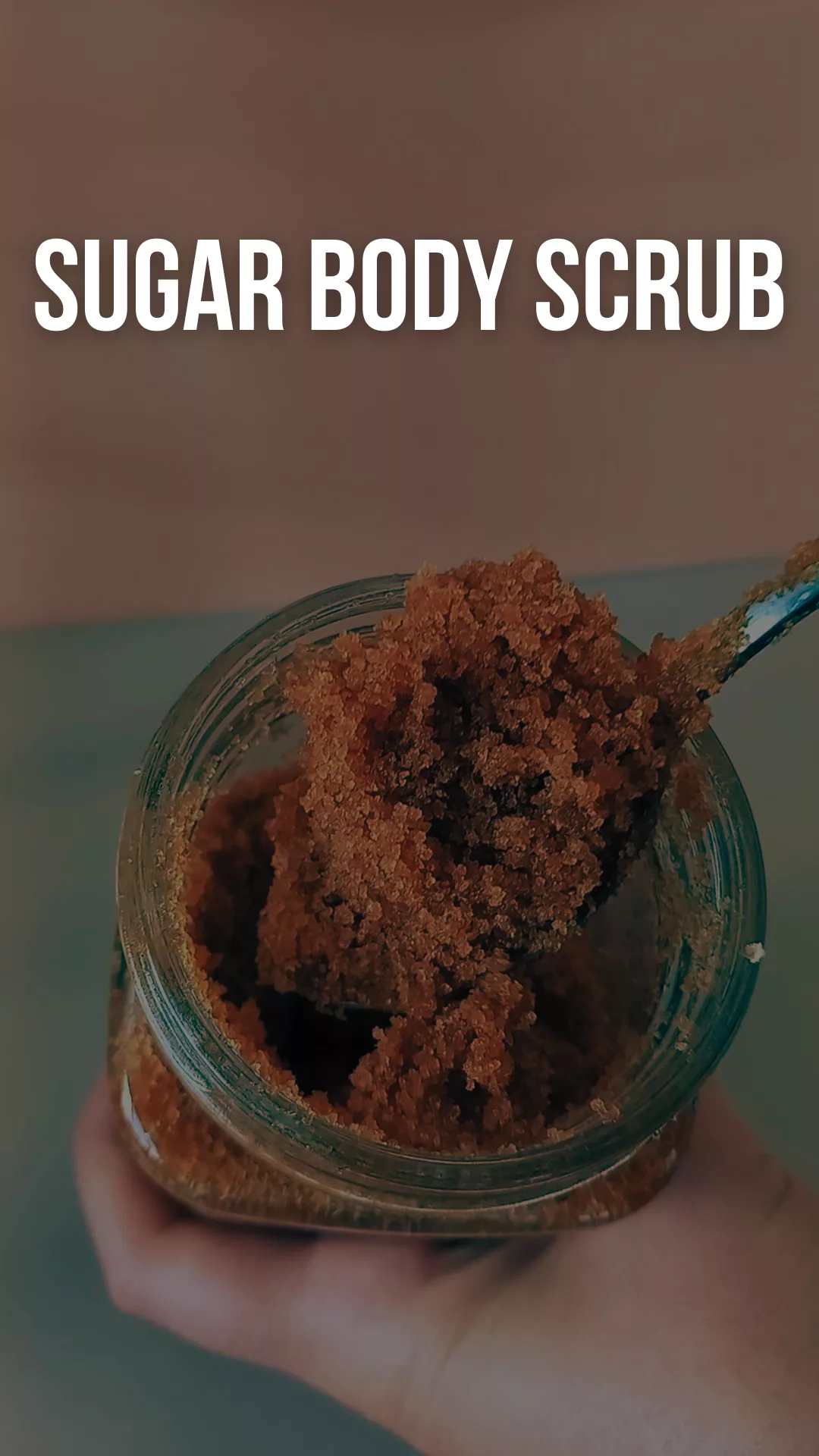
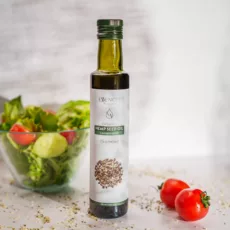
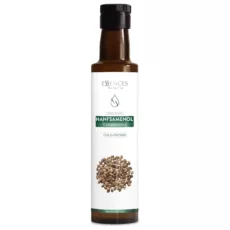
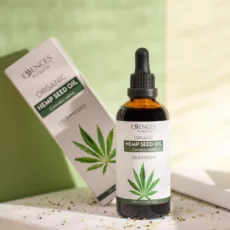
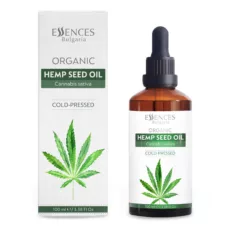
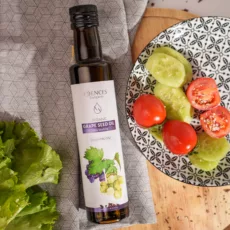
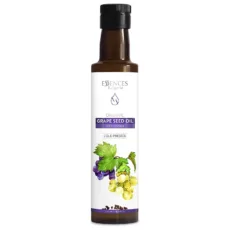
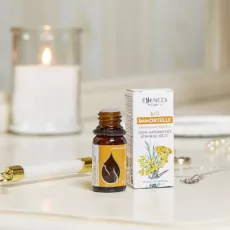
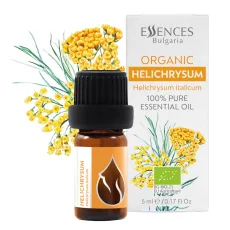
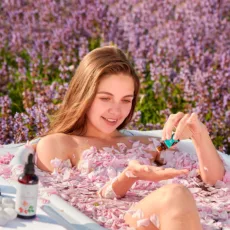
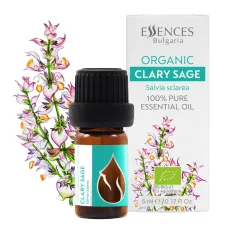
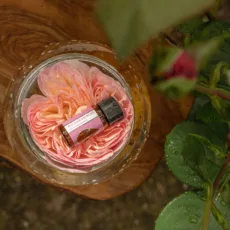
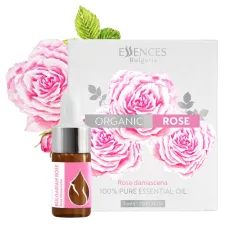
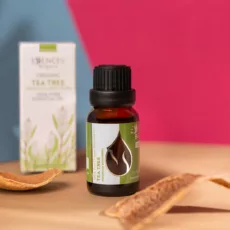
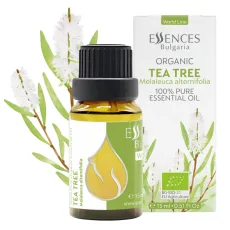
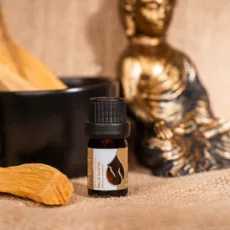
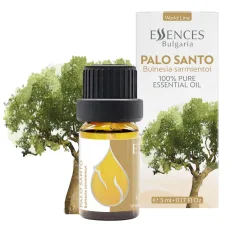
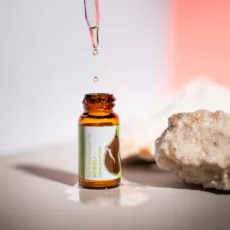
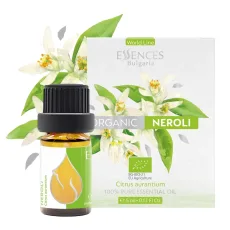
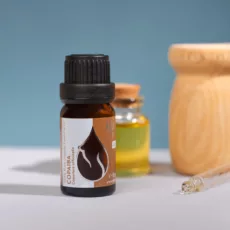
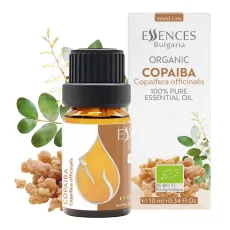
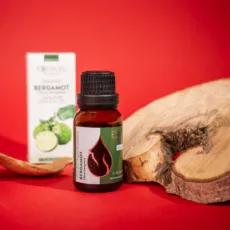
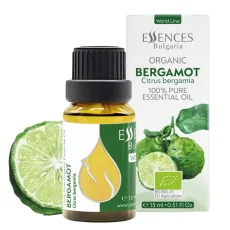
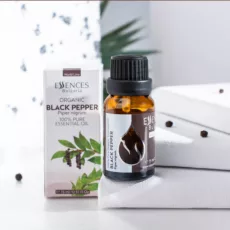
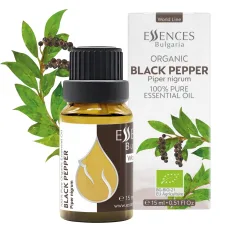
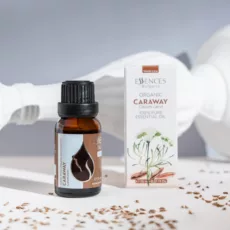
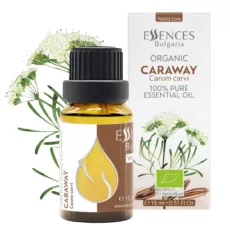
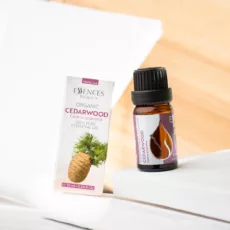
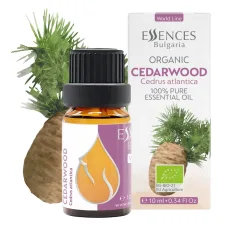
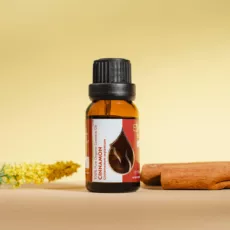
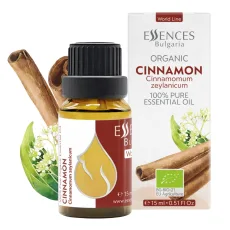
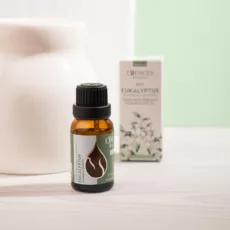
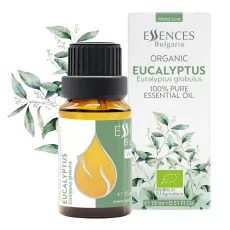
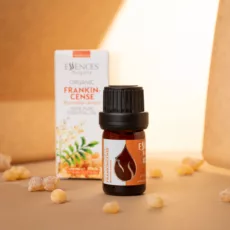
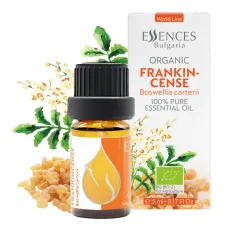
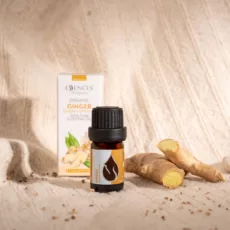
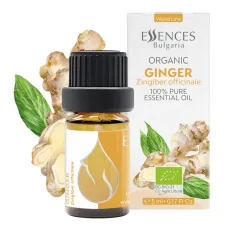
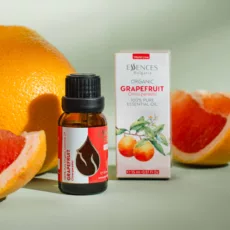
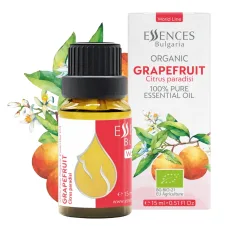

I bought this for my niece, but of course I had to open it and smell it. This smells wonderful and I’m glad I chose it. This will be one of her first oils, so I’m pleased.